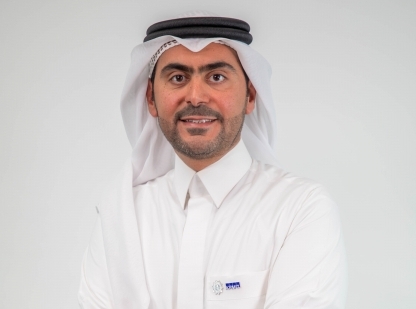
KPMG: Saudi banks continue to be hyper-vigilant on credit underwriting and focus on asset protection
KPMG, leading provider of audit, tax and advisory services in Saudi Arabia, released the first edition of its Banking Pulse, a quarterly report in a series on recent developments in Saudi banking sector after the first quarter 2020 results of listed banks are published. The authors reinforce the “cautious optimism” in the banking industry with added vigilance across the aspects of risk management and embryonic priority of asset protection over growth.
With the dissemination of financial results for the first quarter of FY 2020, the magnitude of the pandemic impact on the banking industry has unfolded. Albeit, it currently captures the initial effects that started emerging towards the end of March 2020 and the fact that timely and decisive regulatory measures in various jurisdictions were able to halt the downward push to some extent.
The Saudi banking sector has reported an average increase of 93.3% in expected credit losses (ECL) for the three months period, and significant declines in marked to market valuations since December 2019. Nonetheless, the Saudi Arabian Monetary Authority’s (SAMA) ongoing support to banks through liquidity and relief, amplified by recently announced measures, has been a key mitigant to combat the impact on the banking industry.
“A robust support program by SAMA meant that panic-driven measures such as foreclosures, un-economical debt restructurings and forced liquidations have not been rampant,” commented Khalil Ibrahim Al Sedais, Office Managing Partner – Riyadh, KPMG in Saudi Arabia.
Although most of the industry executives today find current uncertainties obstructing the clear view on short-medium term performance of the sector; they echo that only real economic activity could stimulate recovery, he noted.
Healthy credit underwriting until February 2020 enabled total assets to rise 3.9 percent to SAR 2,540 billion ($677 billion), while total customer deposit edged up 1.5 percent to reach SAR 1,835 billion ($ 489 billion). Total gross loan book posted an average growth of 4.96%.
Despite the hike in ECLs, a substantial amount of income in the form of a SAR 1.12 billion government grant resulting from SAMA support measures restricted the decline in net profitability only to 6.9%, relative to the same period of FY 2019.
“This truly epitomizes the timeliness of these measures which have been a breath of fresh air not just for the corporates, especially in the MSME sector, but also banks as they combat the economic fall-out on the front lines,” said Ovais Shahab, Head of Financial Services, at KPMG in Saudi Arabia.


























